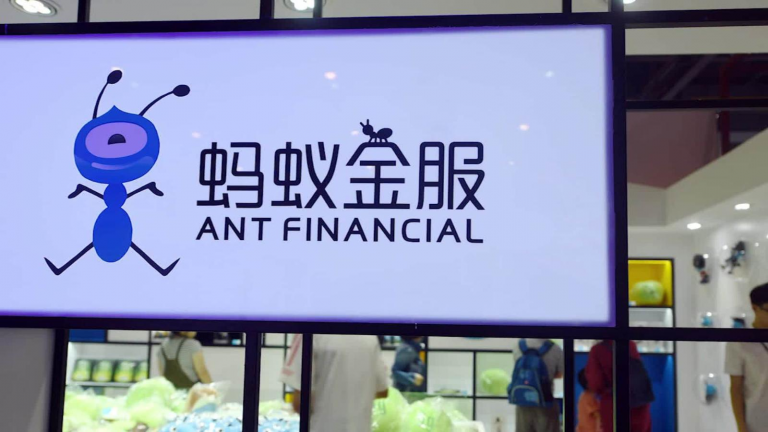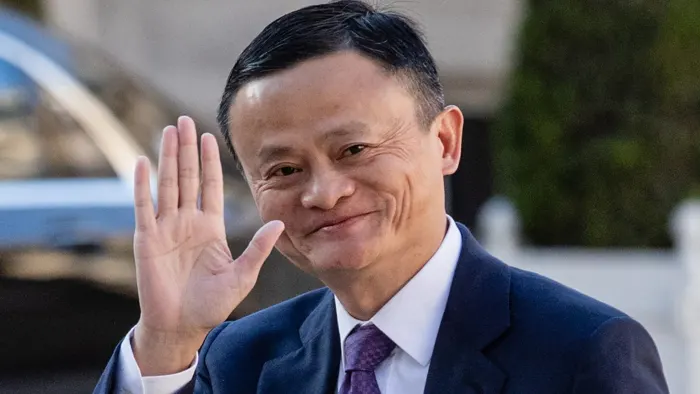
In a record breaking move, Jack Ma’s Ant Group pulled off the biggest share sale in history, with a $34.1 billion Initial Public Offering (IPO), beating Saudi Aramco’s previous record of $29.4 billion.
The Ant Group has been in market news as it prepared to make its market debut. The regulatory filing released Monday showed the Chinese tech giant priced its dual listing on the Hong Kong Stock Exchange and Shanghai’s Star Market at 80 Hong Kong dollars ($10.32) and 68 yuan ($10.13) per share respectively.
The $34.1 billion IPO puts the company’s value at $310 billion. Ant’s decision to file its initial public offering with Shanghai and Hong Kong markets signals a looming boycott of US markets by Chinese firms. The Chinese government has recently been encouraging its companies to avoid US markets, following the economic and political tensions between the two countries that have put Chinese companies under serious scrutiny in America.
Register for Tekedia Mini-MBA edition 19 (Feb 9 – May 2, 2026): big discounts for early bird.
Tekedia AI in Business Masterclass opens registrations.
Join Tekedia Capital Syndicate and co-invest in great global startups.
Register for Tekedia AI Lab: From Technical Design to Deployment (next edition begins Jan 24 2026).
In the US, Trump administration officials have discussed whether to place Ant on the entity list, which prohibits companies from purchasing American products, according to people familiar with the matter. In 2018, when Ant failed in its bid to purchase MoneyGram, the international money transfer company, due to the disapproval of US officials, it sent the wrong signal to investors.
Ever since then, Chinese companies have been encouraged by the government to break away from the US oppression by establishing at home.
But the Ant Group’s IPO also points to a strategy of regional economic development. Beijing is hoping to attract investors with the number and price of shares filed in both Hong Kong and Shanghai. Ant will sell 1.67 billion, or about 11 percent of the company in total, in both markets, and China thinks it’s good enough to bring in the investors that the company has ever wanted.
The IPO will be a big boost for Jack Ma, whose company, Alibaba made a record breaking $25 billion debut in New York Stock Exchange in 2014. Ma is building a tech conglomerate of multi-digital services including credit and debit cards, mutual fund and insurance broker. With a plan to expand its Alipay services to cover all areas of digital payment, including cryptocurrency, Ma has been wooing investors from around the world.
With the deterring concern about US’ attack on Chinese companies out of the way, following the Ant Group’s choice of Shanghai and Hong Kong markets, Ma is hoping that investors will come.

Alipay has over 730 million monthly users, more than twice the number of Paypal monthly users and the United States population.
Last year, Ant earned $2.7 billion in profit and $18 billion in revenue. The company said it handled $17 trillion in digital payments in Mainland China during the 12 months that ended in June.
This record suggests it doesn’t need the United States consumers to thrive. And as the Chinese government shows more interest in digital currency, the Ant Group is positioning itself to establish its services using the government’s platform.
The Chinese central bank is planning to develop a digital national currency called the “digital yuan”, and is hoping to work with private companies that are already in the digital payment business to make it work.
Xiaomeng Lu, senior geotechnology analyst at Eurasia Group said that Ant is also poised to benefit from the Chinese government’s latest economic development plans.
“Ant is being viewed as this national technology champion – it’s investing in AI, it’s investing in blockchain,” she said, adding that they are priorities for President Xi Jinping.
However, Ant still has competition to deal with in China, as rivals like Tencent are gearing up with big moves in digital payment.
The Ant Group’s shares are due to start trading in Hong Kong on November 5. Lu said the listing will push the market capitalization of the Shanghai Stock Exchange close to that of the Tokyo Stock Exchange.



